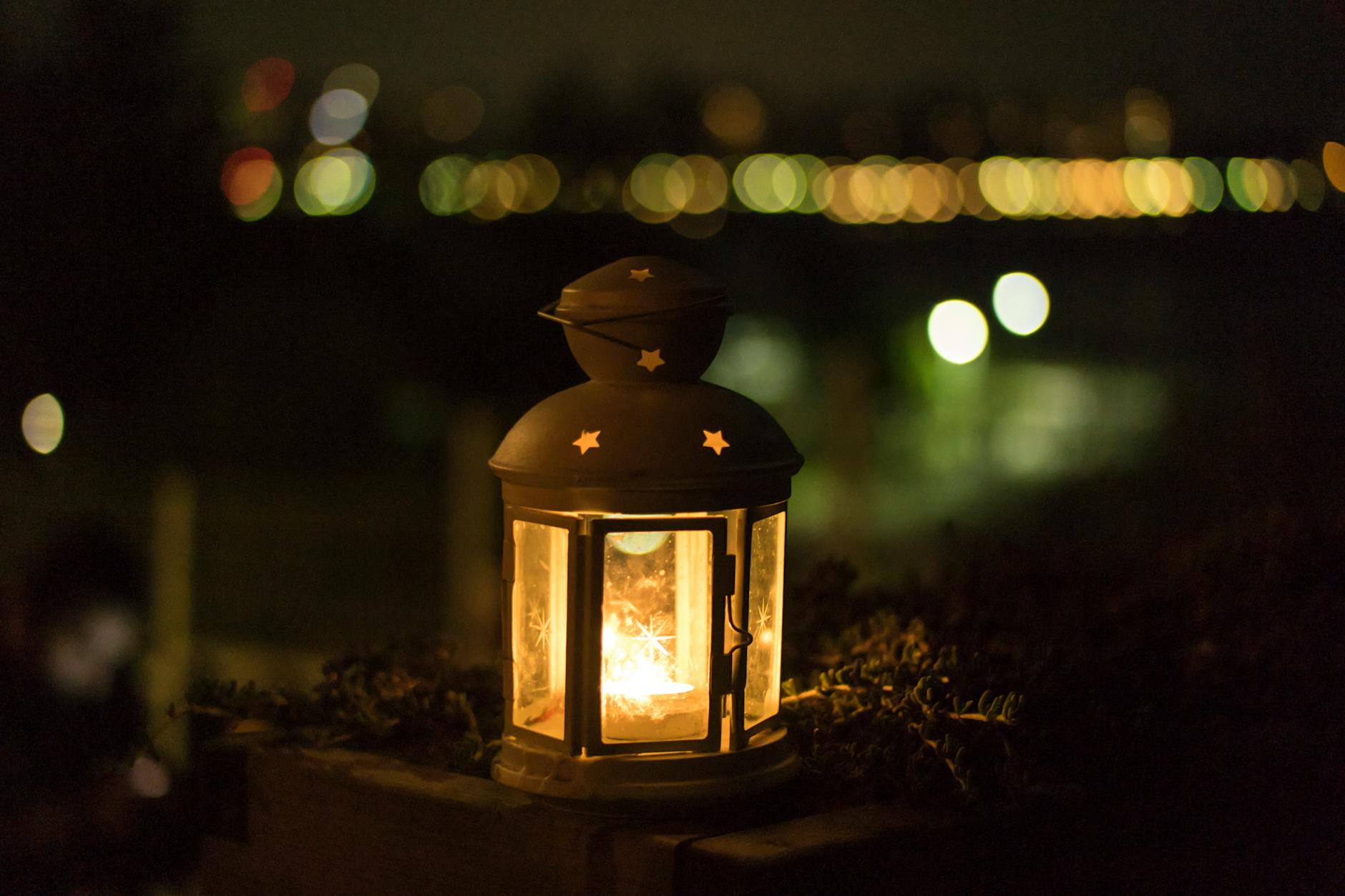There is a moment in winter when the world holds its breath, a time suspended between the old and the new. For many, Twelfth Night marks the end of the festive season, but the echoes of an older tradition, Old Twelfth Night, carry with them a deeper, richer magic.
Falling on 17th January, Old Twelfth Night belongs to a time before calendar reform shifted our dates and our rituals. It is a night of revelry and reverence, of song and cider, where the air thickens with stories, and the trees themselves might listen. Let us explore the folklore, traditions, and recipes that make Old Twelfth Night a celebration worth remembering.
What is Old Twelfth Night?
In 1752, Britain adopted the Gregorian calendar, replacing the Julian calendar and skipping ahead eleven days. Twelfth Night, once celebrated on 5th January, found its shadow on the 17th. For those who held to the old ways, this date became Old Twelfth Night, a time to honour ancient customs that refused to be forgotten.
This night is deeply tied to the cycles of nature. It was a time to wassail the apple orchards, singing to the trees and offering cider-soaked bread to their roots. These rituals, half blessing and half revelry, ensured a bountiful harvest and reminded all that even in the heart of winter, spring would come again.
The Folklore of Old Twelfth Night
The traditions of Old Twelfth Night are steeped in mystery and mischief. At its heart lies the wassailing of the apple trees. Villagers would gather in the orchards, carrying torches and bowls of steaming cider. They would sing to the trees, coaxing them into wakefulness:
Here’s to thee, old apple tree,
That blooms well, bears well,
Hats full, caps full,
Bushels, bushels, sacks full,
And my pockets full too! Huzzah!The ceremony often ended with a cacophony of banging pots and pans to chase away evil spirits lurking among the branches. It was joyous and rowdy, a communal promise to nurture the land and reap its rewards.
Elsewhere, Old Twelfth Night was a time of divination and storytelling. In some households, cakes were baked with hidden tokens, their discovery foretelling fortunes for the year ahead. It was a night where the veil between the mundane and the magical felt thin, and anything seemed possible.
Hosting Your Own Old Twelfth Night Celebration
Rekindling the spirit of Old Twelfth Night can be as simple or as elaborate as you wish. Here are some ideas to bring the old magic into your modern life:
1. Wassail Your Trees
If you have an orchard, or even a single apple tree, gather friends and family to sing, toast, and offer blessings. Use cider or apple juice and share the story of this ancient ritual.
2. Bake a Twelfth Cake
A Twelfth Cake is a spiced, fruit-filled confection baked with hidden surprises. Traditionally, a dried bean and a pea were included; whoever found them became the King and Queen of Twelfth Night.
3. Share Stories by Candlelight
Gather around a fire or a table lit by flickering candles. Share tales of old, or make up your own. Let the night stretch long with laughter and imagination.
A Recipe for Wassail
Wassail is the drink of Old Twelfth Night, a warming, spiced concoction that brings people together. Here’s a simple recipe to try:
Ingredients:
- 1 litre cider (alcoholic or non-alcoholic)
- 500ml apple juice
- 2 oranges, sliced
- 3 apples, cored and studded with cloves
- 4 tbsp honey
- 2 cinnamon sticks
- 1 tsp nutmeg
- 1 tsp allspice
Instructions:
- Preheat your oven to 180°C (350°F). Roast the clove-studded apples until soft (about 20 minutes).
- In a large saucepan, combine the cider, apple juice, honey, oranges, and spices. Heat gently but do not boil.
- Add the roasted apples and simmer for 10 minutes.
- Serve warm from a wassail bowl, inviting guests to raise a toast to health and happiness.
Old Twelfth Night: A Celebration of Connection
Old Twelfth Night is more than a date on the calendar; it is a reminder of our connection to the land, to each other, and to the stories that shape us. Whether through wassailing, baking, or simply sharing a toast under the winter sky, this is a time to honour the past while looking forward to the future.


Leave a Reply